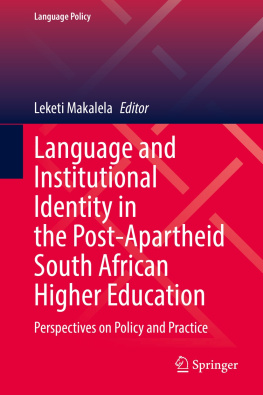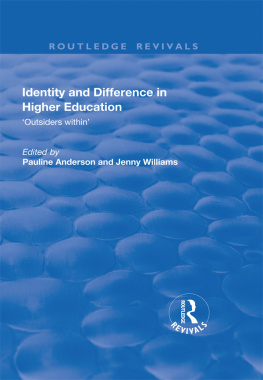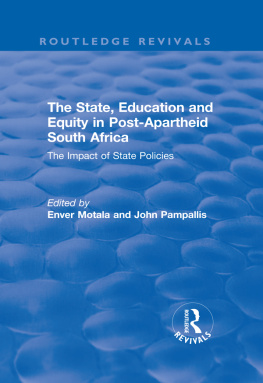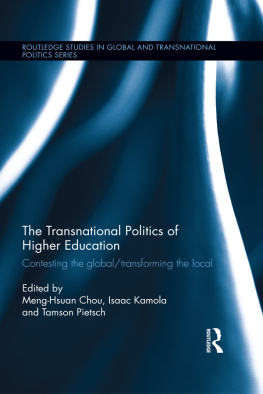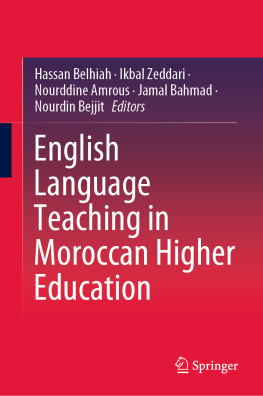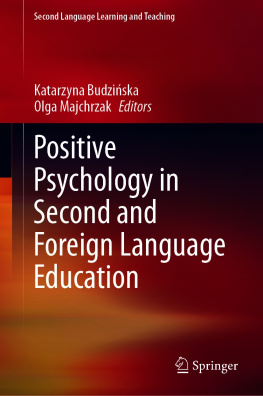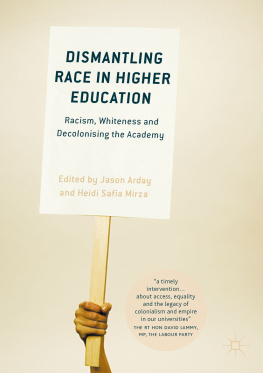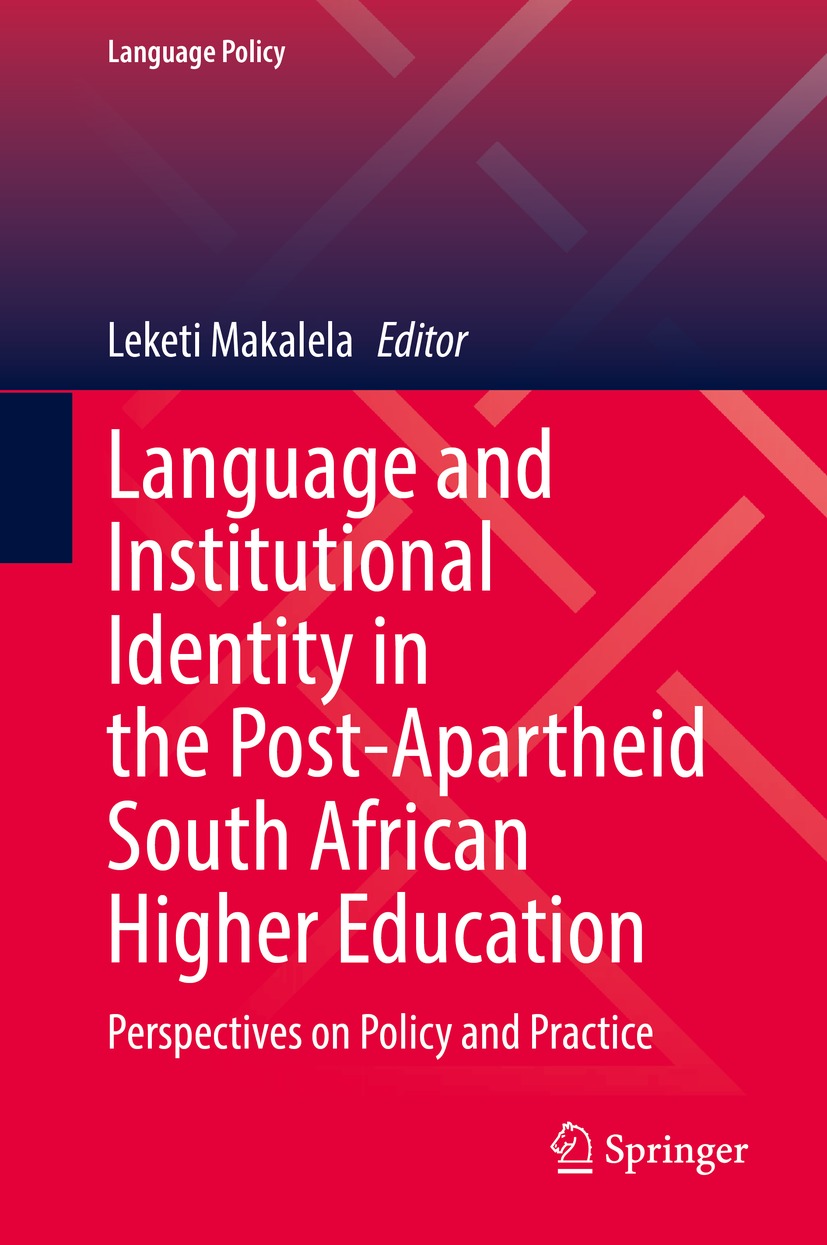Volume 27
Language Policy
Series Editors
Joseph Lo Bianco
University of Melbourne, Melbourne, Australia
Terrence G. Wiley
Professor Emeritus, Arizona State University, Tempe, USA
Editorial Board
Claire Kramsch
University of California, Berkeley, USA
Georges Ldi
University of Basel, Basel, Switzerland
Normand Labrie
University of Toronto, Toronto, ON, Canada
Anne Pakir
National University of Singapore, Singapore, Singapore
Guadalupe Valdes
Stanford University, California, USA
The last half century has witnessed an explosive shift in language diversity involving a rapid spread of global languages and an associated threat to small languages. The diffusion of global languages, the stampede towards English, the counter-pressures in the form of ethnic efforts to reverse or slow the process, the continued determination of nation-states to assert national identity through language, and, in an opposite direction, the greater tolerance shown to multilingualism and the increasing concern for language rights, all these are working to make the study of the nature and possibilities of language policy and planning a field of swift growth.
The series will publish empirical studies of general language policy or of language education policy, or monographs dealing with the theory and general nature of the field. We welcome detailed accounts of language policy-making - who is involved, what is done, how it develops, why it is attempted. We will publish research dealing with the development of policy under different conditions and the effect of implementation. We will be interested in accounts of policy development by governments and governmental agencies, by large international companies, foundations, and organizations, as well as the efforts of groups attempting to resist or modify governmental policies. We will also consider empirical studies that are relevant to policy of a general nature, e.g. the local effects of the developing European policy of starting language teaching earlier, the numbers of hours of instruction needed to achieve competence, selection and training of language teachers, the language effects of the Internet. Other possible topics include the legal basis for language policy, the role of social identity in policy development, the influence of political ideology on language policy, the role of economic factors, policy as a reflection of social change.
The series is intended for scholars in the field of language policy and others interested in the topic, including sociolinguists, educational and applied linguists, language planners, language educators, sociologists, political scientists, and comparative educationalists.
Book proposals for this series may be submitted to the Publishing Editor:
Natalie Rieborn, Publishing Editor, Springer, Van Godewijckstraat 30, 3300 AA Dordrecht, The Netherlands Email: Natalie.Rieborn@springer.com
All proposals and manuscripts submitted to the Series will undergo at least two rounds of external peer review.
This series is indexed in Scopus.
More information about this series at https://link.springer.com/bookseries/6209
Editor
Leketi Makalela
The Hub for Multilingual Education and Literacies, University of the Witwatersrand, Johannesburg, South Africa
ISSN 1571-5361 e-ISSN 2452-1027
Language Policy
ISBN 978-3-030-85960-2 e-ISBN 978-3-030-85961-9
https://doi.org/10.1007/978-3-030-85961-9
Springer Nature Switzerland AG 2022
This work is subject to copyright. All rights are reserved by the Publisher, whether the whole or part of the material is concerned, specifically the rights of translation, reprinting, reuse of illustrations, recitation, broadcasting, reproduction on microfilms or in any other physical way, and transmission or information storage and retrieval, electronic adaptation, computer software, or by similar or dissimilar methodology now known or hereafter developed.
The use of general descriptive names, registered names, trademarks, service marks, etc. in this publication does not imply, even in the absence of a specific statement, that such names are exempt from the relevant protective laws and regulations and therefore free for general use.
The publisher, the authors and the editors are safe to assume that the advice and information in this book are believed to be true and accurate at the date of publication. Neither the publisher nor the authors or the editors give a warranty, expressed or implied, with respect to the material contained herein or for any errors or omissions that may have been made. The publisher remains neutral with regard to jurisdictional claims in published maps and institutional affiliations.
This Springer imprint is published by the registered company Springer Nature Switzerland AG
The registered company address is: Gewerbestrasse 11, 6330 Cham, Switzerland
Series Editor Foreword
Language Policy Book Series: Our Aims and Approach
Recent decades have witnessed a rapid expansion of interest in language policy studies as transcultural connections deepen and expand all across the globe. Whether it is to facilitate more democratic forms of participation, or to respond to demands for increased educational opportunity from marginalised communities, or to better understand the technologisation of communication, language policy and planning has come to the fore as a practice and a field of study. In all parts of the world, the push for language policy is a reflection of such rapid and deep globalisation, undertaken by governments to facilitate or diversify trade, to design and deliver multilingual public services, to teach less commonly taught languages, and to revitalise endangered languages. There is also interest in forms of language policy to bolster new and more inclusive kinds of language based and literate citizenship.
Real world language developments have pushed scholars to generate new theory on language policy and to explore new empirical accounts of language policy processes. At the heart of these endeavours is the search for the resolution of communication problems between ethnic groups, nations, individuals, authorities and citizens, and educators and learners. Key research concerns have been the rapid spread of global languages, especially English and more recently Chinese, and the economic, social and identity repercussions that follow, linked to concerns about the accelerating threat to the vitality of small languages across the world. Other topics that have attracted research attention have been persisting communication inequalities, the changing language situation in different parts of the world, and how language and literacy abilities affect social opportunity, employment and identity.
In the very recent past, language diversity itself has been a popular field of study, to explore particular ways to classify and understand multilingualism, the fate of particular groups of languages or individual languages, and questions of literacy, script and orthography. In this complex landscape of language change, efforts of sub-national and national groups to reverse or slow language shift have dominated concerns of policy makers as well as scholars. While there is a discernible trend towards greater openness to multilingualism and increasing concern for language rights, we can also note the continued determination of nation states to assert a singular identity through language, sometimes through repressive measures.

